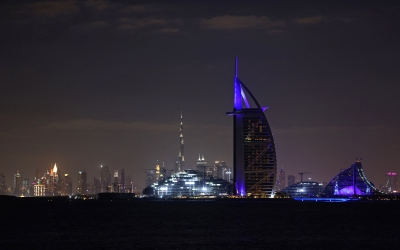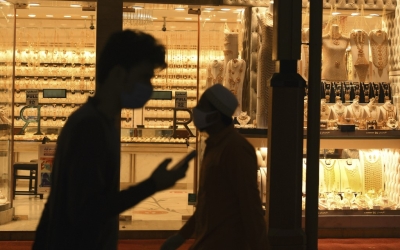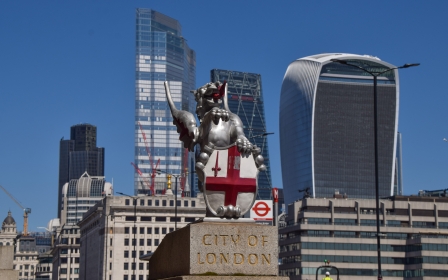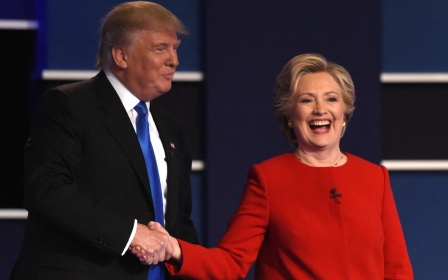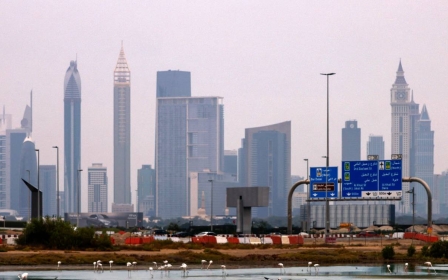UAE placed on money-laundering grey list, promises 'robust' response
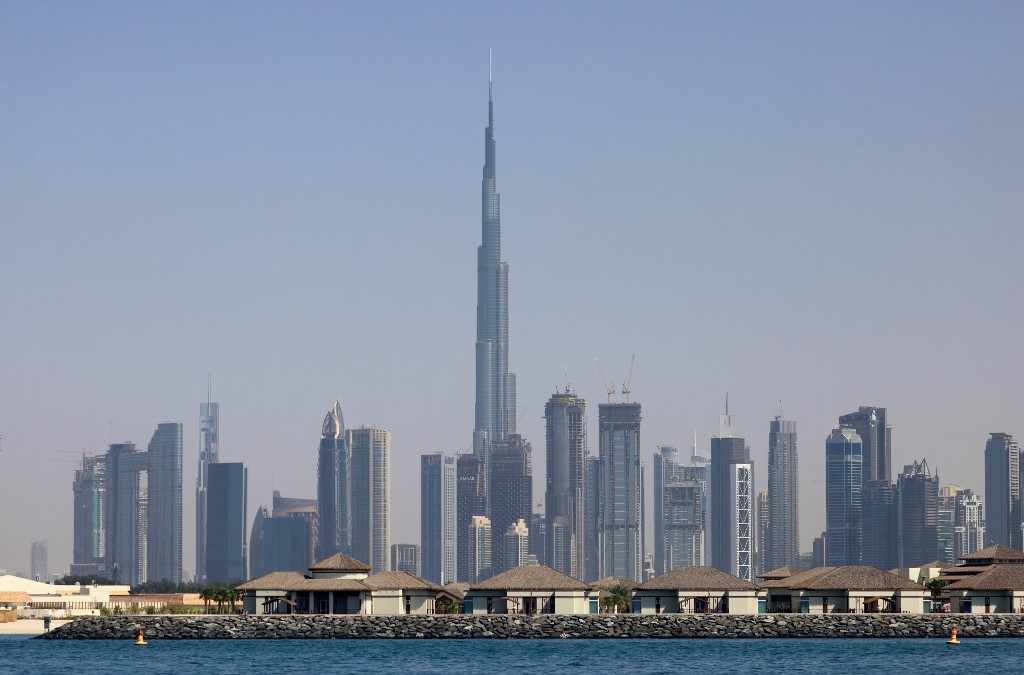
The United Arab Emirates has promised "robust actions" against money-laundering and terrorist financing after the Middle East financial hub was placed on a grey list of countries subject to heightened scrutiny.
The Gulf state, which includes the trade-to-tourism hub Dubai, was named on the Paris-based Financial Action Task Force's 23-strong list on Friday, joining the likes of Yemen, Syria, and South Sudan.
Grey-list countries are "actively working with the FATF to address strategic deficiencies in their regimes to counter money-laundering, terrorist financing, and proliferation financing", the global watchdog said in a statement, AFP reported.
The designation is a blow for the country as economic competition accelerates with Gulf neighbour Saudi Arabia, the world's top oil exporter and the biggest Arab economy.
"The UAE has inherent vulnerabilities to illicit finance due to its role as a regional commercial and financial hub," said Katherine Bauer, a senior fellow at The Washington Institute for Near East Policy and a former US Treasury official, according to Reuters.
Emirati authorities have made considerable efforts to shore up their anti-money laundering regime and combat the financing of terrorism, especially since its 2020 assessment by the FATF, Bauer said.
"The outstanding items included in the FATF statement today show that there’s still a fair amount to be done. These are not changes that can happen overnight."
UAE officials said they would strive to meet a list of requirements laid down by the task force, including increasing prosecutions and identifying sanctions evasion.
"The UAE takes its role in protecting the integrity of the global financial system extremely seriously," the UAE's Executive Office of Anti-Money Laundering and Countering the Financing of Terrorism said in a statement.
"The UAE will continue its ongoing efforts to identify, disrupt and punish criminals and illicit financial networks," it added, pledging "robust actions and ongoing measures… to secure the stability and integrity of the country's financial system".
Identifying suspicious transactions
The Gulf state must now demonstrate progress on facilitating international anti-money laundering investigations, on managing risks in certain industries including real estate agents and precious stones and metal dealers, and on identifying suspicious transactions in the economy, the FATF said.
Other areas for improvement include using financial intelligence against money-laundering, increasing investigations and prosecutions of money-laundering cases "consistent with the UAE's risk profile", and proactively identifying and combating sanctions evasion.
The resources-rich UAE has become a nexus connecting the Middle East, Europe, Central Asia, and Asia.
Dubai has the world's busiest airport in terms of international passenger traffic, and one of the busiest seaports.
Abu Dhabi is home to sovereign wealth funds with more than $1tn in assets, while Dubai houses the regional headquarters for most multinational lenders and has boomed in recent decades due to its light financial regulation and low taxes.
While the desert country is diversifying its economy rather than relying on oil, experts and international organisations have long criticised a failure to crack down on murky financial transactions.
A grey-list designation is a major setback for the UAE, as it faces growing competition from its neighbour Saudi Arabia.
Last year, Riyadh announced that any company seeking contracts with the Saudi government, state-owned firms, and the kingdom's sovereign wealth fund would have to base its regional headquarters in the country by 2024.
A report by the International Monetary Fund found that FATF grey-listing could negatively affect a country's short-term capital inflows significantly.
The report said it would lead to a reduction in foreign direct investment and cost an equivalent of three percent of gross domestic product (GDP), which would be roughly equal to $10bn, based on World Bank data of the UAE's GDP.
Middle East Eye delivers independent and unrivalled coverage and analysis of the Middle East, North Africa and beyond. To learn more about republishing this content and the associated fees, please fill out this form. More about MEE can be found here.


